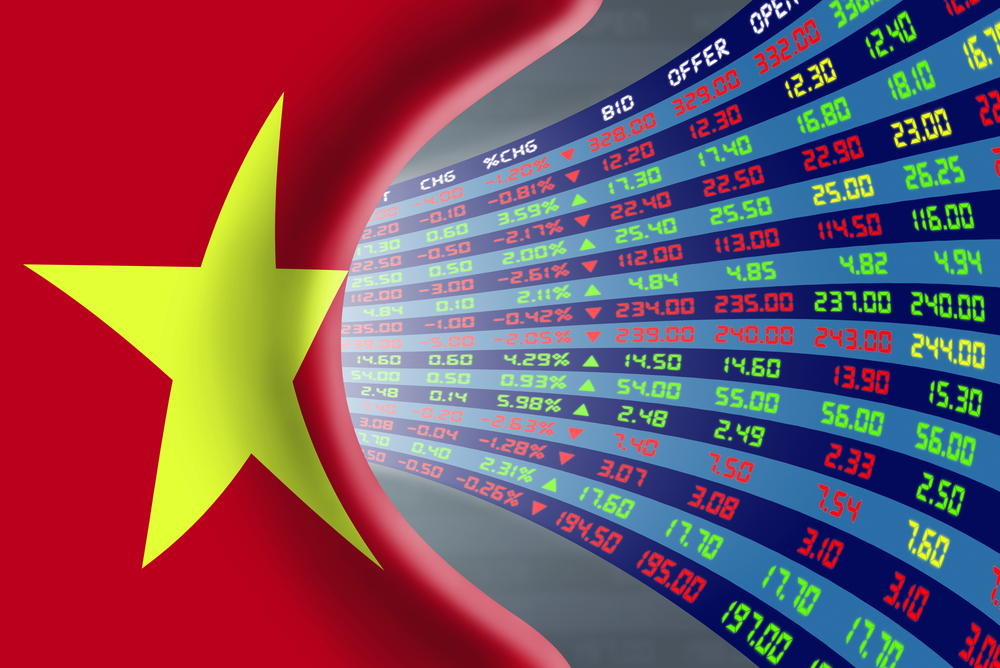Understanding Vietnamese Land Rights
By Vietnam Briefing
Posted: 27th September 2016 08:55
Once a foreign investor has decided on Vietnam as a location to establish operations, the next big step is identifying where and how to obtain land for the business. In Vietnam, private ownership of land is technically not permitted, but the law allows ownership of a right to use land—called the Land Use Right (LUR). While this may seem like an inconvenient system, other countries such as the United Kingdom also employ this system without significantly constraining investors. In fact, with a proper understanding of current regulation, leasing land in Vietnam can provide all the resources for successful investment within the country.With the Housing Law No. 65/2014/QH13 coming into effect on July 1st, 2015, foreigners in Vietnam have acquired many of the same land rights prescribed to Vietnamese nationals, particularly the right to own land. A non-Vietnamese entity can own land for up to 50 years, with the option to extend. Despite the liberalization, foreigners are still prohibited from possessing more than 30 percent of the apartments in a given building and more than 205 houses in an area where the population is that of a ward-administrative division.
Land Use Rights
The type of actions an investor may take in relation to the rented property largely depend on the payment schedule. An individual can either lease a piece of land and pay annual rent (called the “annual arrangement”) or provide the entire lease amount in one payment (called the “one-off arrangement”).
According to the annual arrangement, an investor is only allowed to use the land for the stated purposes and transfer assets as part of the land. With the one-off arrangement, one can transfer, sublease, or mortgage the land and involved assets. Furthermore, the government allows the opportunity to contribute capital in the form of the LUR and assets to a JV.
Leasing Land in Vietnam: An Introduction
For investors keen on leasing land in Vietnam, there are several ways to obtain land with an LUR, although the government enumerates different methods for locals and foreigners. The first method is through allocation, where the state allocates an LUR via an administrative decision. The renter may be subject to a land use fee (LUF), depending on the case. “Recognition” involves the state recognizing an LUR, but investors are exempt from paying the LUF. “Leasing” is when the state leases the LUR using a contract and is subject to rental payments. This is in many ways similar to the customary system of renting.
Vietnamese investors can choose any of the three options, but foreigners can only obtain an LUR by lease or through a JV with a Vietnamese partner where LUR is contributed as a capital contribution or lease the land directly from certain approved entities.
Every year the People’s Committee, with the support of the Department of Natural Resources and Environment (DONRE) establishes the land price based on market value. When leasing land in Vietnam, the price cannot deviate more than 20 percent from this official price.
Land can be leased from Vietnamese companies (such as an SOE or LLC), Vietnamese citizens living abroad, or an FIC who is leasing land from the government to develop infrastructure on the rented land. A company can only lease land if it obtained the land with the allocation method, unless the land was leased before July 1, 2004 and a sufficient amount of the lease has been paid. Furthermore, land can be leased for a maximum of 50 years, and 70 years in special cases. To renew the lease, the investor has to obtain approval for an extension. Companies also have the option to rent an office in a building or lease from a company in an industrial zone or export-processing zone.
Leasing Land in Vietnam: Steps Required
While leasing land does not necessarily have to be a complicated process, it is important to determine whether or not the proposed investment will gain approval before signing any rent contracts. Potential investors can obtain an “Approval in Principle,” which is a letter given by People’s Committee commenting on the feasibility of the project. It does not guarantee approval and the committee may change their opinion about certain aspects of the project, but it is nonetheless a good idea for potential investors. Afterwards, the company must obtain an Investment Registration Certificate and an Enterprise Registration Certificate, and then complete the land lease agreement with the People’s Committee. Finally, the company will need to submit the application to the local DONRE to get a Land Use Right Certificate.
Selling Land
Foreigners in Vietnam have many of the same rights as Vietnamese when it comes to selling. A foreigner who is eligible for home-ownership has the ability to sell their land. The process is straightforward, but it is nonetheless important to ensure compliance with all regulations as outlined by Ministry of Construction.
There are several special cases to bear in mind:
- If a foreign company owns a house for the purpose of housing employees, they are more limited in their rights. They are unable to sell or lease the house or use it as an office, and can only continue to house employees.
- If selling a house under a lease agreement, the lessee must be given 30 days notice and given the option to purchase the house. The lessee has to decide whether to do so within that time period; afterwards, the land may be sold to others.
Since its establishment in 1992, Dezan Shira & Associates has been guiding foreign clients through Asia’s complex regulatory environment and assisting them with all aspects of legal, accounting, tax, internal control, HR, payroll and audit matters. As a full-service consultancy with operational offices across China, Hong Kong, India and emerging ASEAN, we are your reliable partner for business expansion in this region and beyond.
For inquiries, please email us at info@dezshira.com. Further information about our firm can be found at: www.dezshira.com




Comments